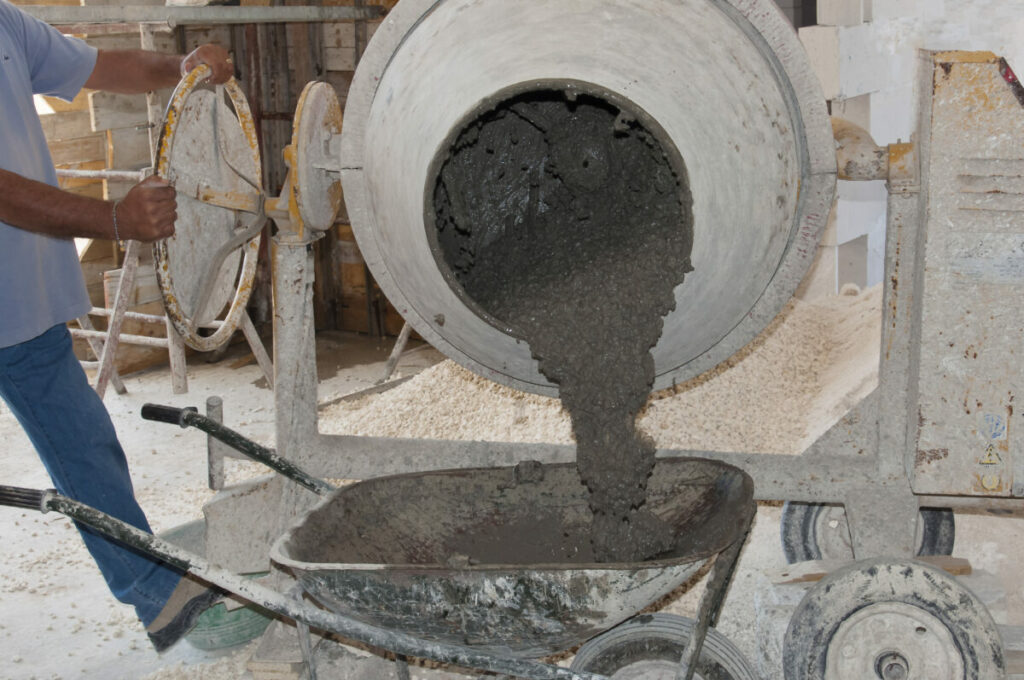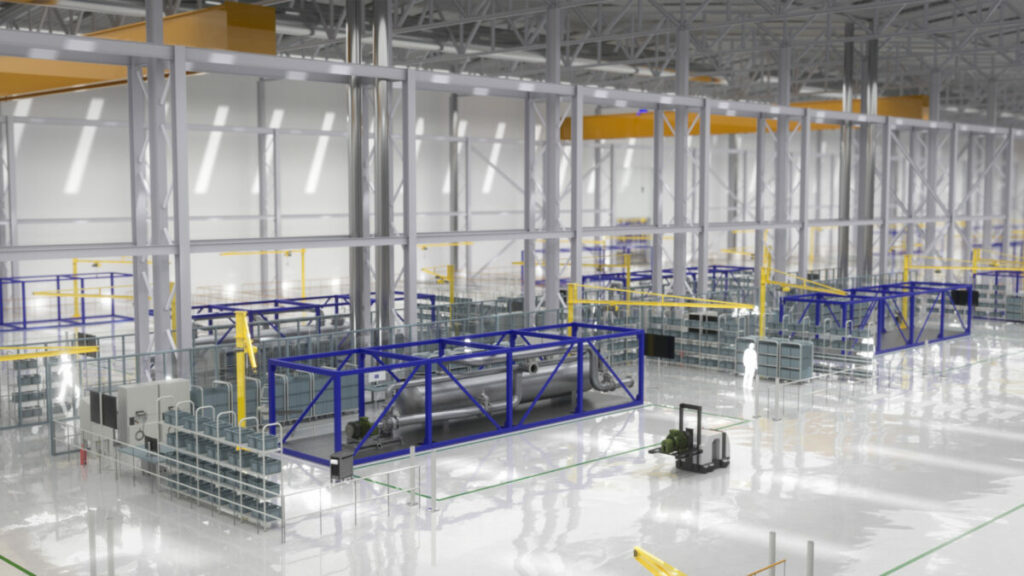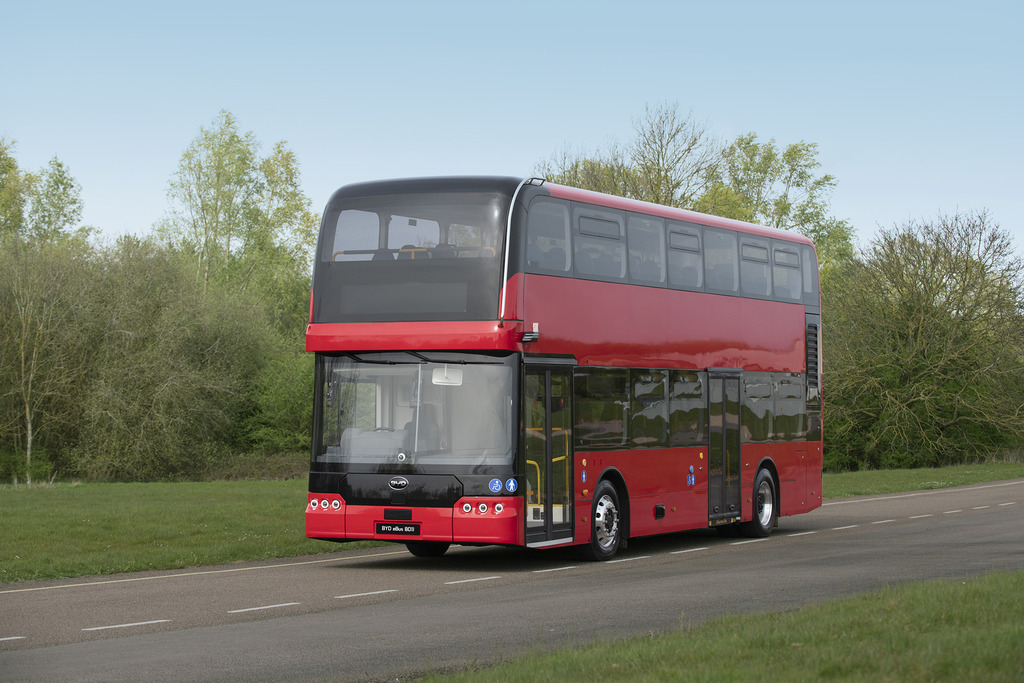JP Morgan Chase is one of 113 companies failing to significantly reduce business a travel, reducing emissions by 13% compared to PWC which saw a 76% reduction.
Elsewhere, Merk reduced its travel emissions by 17% and Johnson and Johnson by 28%, shows data from Transport and Environment which looked at data between 2019 and 2022.
If the 113 companies kept their business flying in 2022 to 50% of 2019 levels, the study finds that this could have saved over 1.8 million additional tonnes of CO2.
On the other end of the spectrum, 104 kept their air travel emissions to less than 50% between 2019 and 2022.
Companies leading the way include SAP who reduced emissions by 86%, pharmaceutical company Pfizer (-78%) and PwC (-76%).
Subscribe to Sustainability Beat for free
Sign up here to get the latest sustainability news sent straight to your inbox everyday
Additionally, the data revealed that 21 businesses even exceeded pre-2019 levels of flying.
Out of the 217 businesses analysed, 171 don’t have targets to reduce travel emissions.
The Travel Smart campaign which conducted the research advise these businesses to “step up” and “accelerate” plans to reduce business travel emissions.
Travel Smart campaign manager Denise Auclair said it’s a “positive” that companies aren’t returning to pre-pandemic levels of flying.
“But it’s dismaying to see still too many companies returning to excessive flying for business with so little concern for the planet,” she added.
“The era of uncontrolled business flying is coming to an end,” Auclair continued.
“Governments are taking notice and cracking down on unnecessary flights.
“This makes sense for the planet but also for the businesses themselves, who can cut costs and prioritise the well-being of their employees.”















